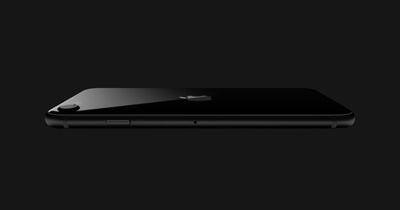Apple on Friday reached a $95 million settlement that, pending court approval, will resolve a class action lawsuit that accused the company of violating the Magnuson–Moss Warranty Act and other U.S. laws by replacing customers' devices covered by AppleCare with refurbished devices, according to court documents accessed by MacRumors.

Apple's Repair Terms and Conditions for the U.S. state that, when servicing a customer's product, the company "may use parts or products that are new or refurbished and equivalent to new in performance and reliability." However, plaintiffs in the lawsuit alleged that refurbished or "remanufactured" devices are not "equivalent to new in performance and reliability" and thus sought monetary damages from Apple.
The class includes all U.S. residents who purchased an AppleCare Protection Plan or AppleCare+, either directly or through the iPhone Upgrade Program, on or after July 20, 2012, and received a refurbished replacement device. If approved, the settlement fund will be divided equally among the class members based on the number of refurbished replacement devices they received, according to the court documents.
It is anticipated that the class will receive a total of between $63.4 million and $68.1 million once attorneys' fees and other costs have been deducted. If the settlement is approved, details will be available at ReplacementDeviceLawsuit.com, and class members will also be contacted by email or mail if possible.
Apple "vigorously denied" that refurbished devices are inferior, but it opted to settle with the plaintiffs given the time and costs that would be associated with a continued trial, according to the court documents. Plaintiffs are seeking court approval on October 20 or as soon thereafter as the matter may be heard by the judge presiding over the case.
The case, Maldonado et al v. Apple, Inc et al, was first filed in July 2016 in the U.S. District Court for the Northern District of California.
Update: U.S. District Judge William H. Orrick said he will grant preliminary approval of the $95 million settlement, according to Law360.























